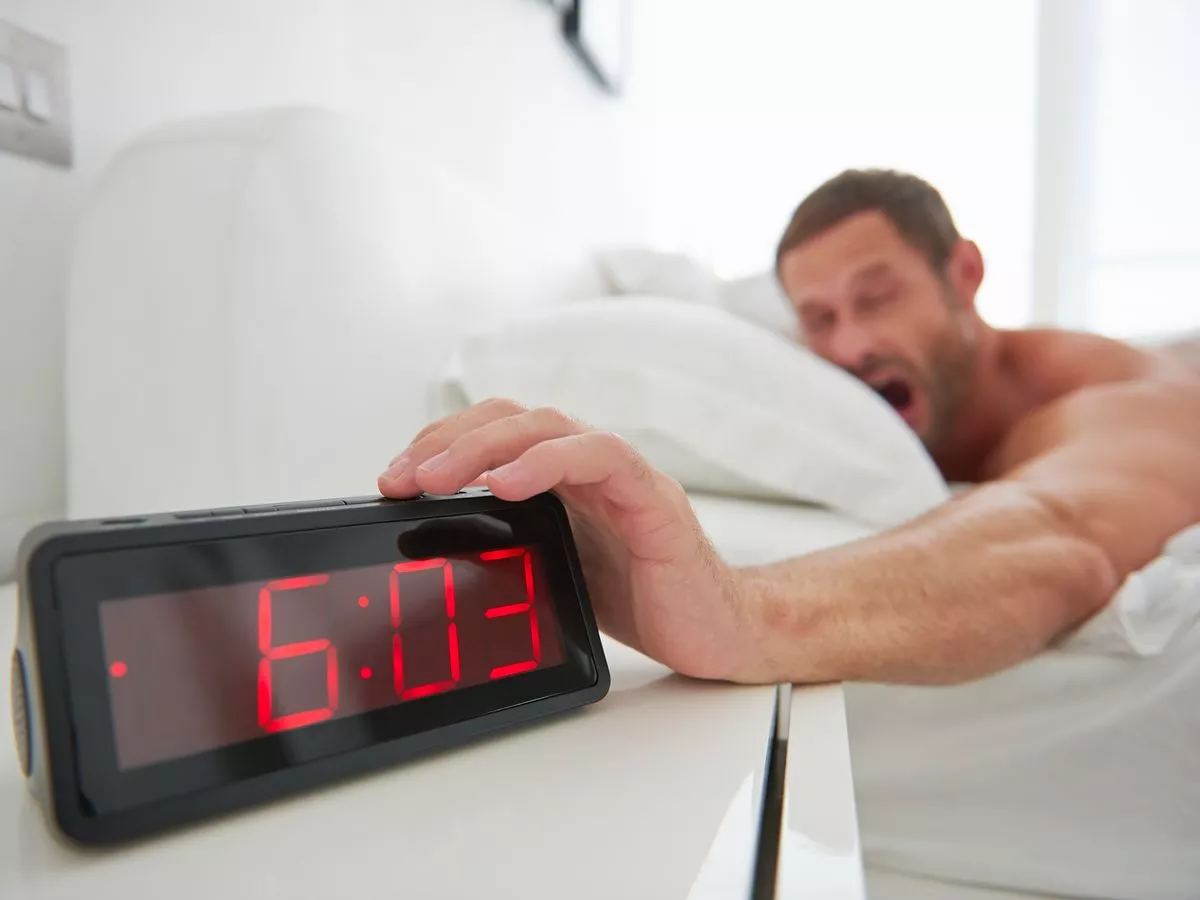By Alice Hughes
A recent survey has revealed the top 30 tactics people use to ensure a restful night. Strategies range from practical steps like installing blackout blinds and adjusting room temperature, to using pillow sprays or practising meditation to induce calm before bedtime. The research shows that the average adult only manages three nights of quality sleep per week, with many admitting they never achieve a perfect night’s sleep at all. Overthinking, nightmares, or an uncomfortable pillow are frequently blamed as the main offenders. Among those living with their partners, 10 percent choose to sleep in separate rooms. For some this improves their sleep quality, and actually bolsters their relationship. John Rastall, head of home at DFS, commented to say: “It’s not uncommon for couples to sleep in separate rooms these days, which means doubling up on mattresses, pillows and sheets, but it’s a cost people are willing to bear. “We’re also a nation obsessed with tracking everything from our sleep to steps, meaning people are keener than ever to get a decent kip.” The study, commissioned by DFS, found that a poor night’s sleep could leave individuals feeling lethargic, too tired to exercise, and a third have even been observed to look unwell. If you want to discover simple lifestyle changes to enhance your bedtime routine and drift off quicker, try this quiz. For some Brits, a night of tossing and turning can lead to feelings of demotivation and stress, hampering their productivity. As a result this can affect their overall mental health and wellbeing. DFS partnered with sleep expert Anne Marie Boyhan, who shared her advice: “Sleep is very much linked to light, so I recommend getting as much natural light as possible before 10am which helps boost the production of our sleep hormone, melatonin. “In the evening, keep it dark – sleep in a pitch-black bedroom with the help of blackout blinds or eye masks and a tidy space equals a tidy mind, keep it uncluttered,” she said. She also suggests steering clear of blue light from screens an hour before bed and opting for amber bulbs in bedrooms. On the other hand, a good night’s sleep often results in many feeling rejuvenated, more concentrated and cheerful. Four out of ten find their mood significantly improved throughout the day. Despite this, only a small fraction consistently follow the same routine each night to improve their sleep. Anne Marie Boyhan remarked: “A bedtime routine is very personalised – I would recommend choosing one or two products and practices you look forward to, it doesn’t have to be a long or arduous ritual. “For me that means winding down at 9:30pm with a cup of sleep tea, doing my night time skincare and sleep journaling in bed before lights out by 10:30pm. “Prioritising sleep leaves us feeling happier, more productive and better able to focus.”
